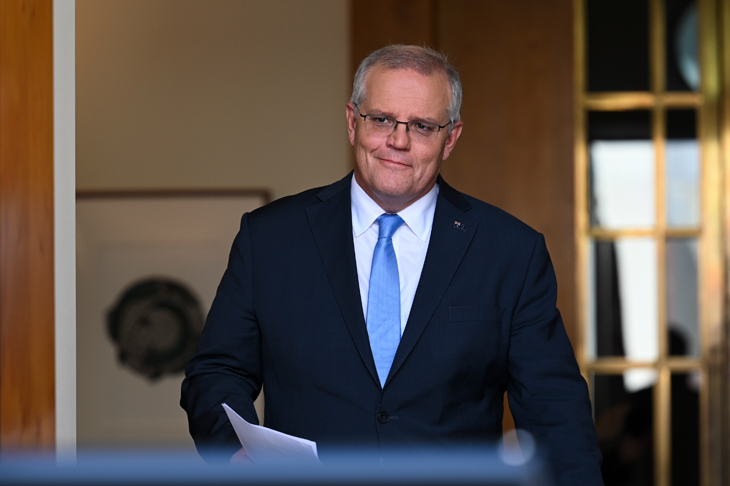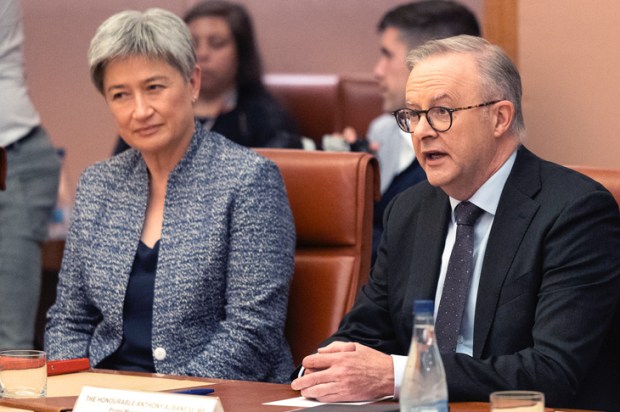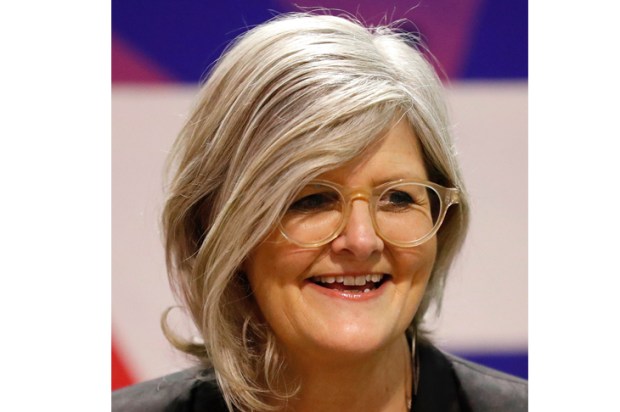Why have Australia’s principal parties forgotten their bases? The party whose policies address this omission could win the election, as Menzies did in 1949.
Both sides increasingly seek to satisfy the inner-city elites with policies that lack common sense. The result is, as Thomas Sowell famously observed: ‘Much of the social history of the Western world over the past three decades has been a history of replacing what worked with what sounded good.’
Writing this in the early Nineties, Sowell began with a reference to Australia. Appropriately so; Australia is a classic example of this phenomenon.
Notwithstanding the time and money wasted by the political class, media and other elites in attempting to replace the one part of the Constitution which works smoothly, efficiently and economically with a politicians’ fake republic, this was overwhelmingly rejected except in the inner-city elite electorates. Thereafter the politicians would only make changes Australians, unlike the Swiss, cannot easily stop especially if both sides agree.
A prime example was in replacing the world’s cheapest, most reliable, and always available electricity with among the world’s most expensive, unreliable, and, if European experience is any indication, often unavailable electricity. It is mainly the elites who believe that this will deliver an always safe, stable and close to perfect climate.
One of the worst examples of replacing things which work with what sounds good is in education. ‘Reforms’ in teaching and discipline have resulted in disastrous falls in standards in literacy, mathematics, science and history.
Sowell’s reference to Australia was to a visit he and his wife made to Sydney. Coming out of an arcade, they heard a woman shrieking. They saw a young man leap over some railings with a young Asian woman in hot pursuit, frantically screaming: ‘Thief! Thief!’
The man had a wallet in his hand, no doubt hers. Neither ragged nor hungry, he suffered from no apparent physical handicap. Indeed, the way he leapt over the railings suggested he might do well in the Olympic hurdles.
Noting that Australia has so many welfare state benefits for every conceivable purpose, Sowell says that the young thief was hardly likely to have been ‘driven to crime’, as elites would have it. On the contrary, Sowell says, this ‘maudlin attitude’ towards crime and other parasitic behaviour probably has far more to do with the flourishing of vagrancy, welfare dependency, and criminality than any of the other social ‘root causes’ of crime so loftily talked about by elites.
He says that Australia and New Zealand share the same ‘mushy attitudes’ that are prevalent throughout Western welfare states.
Citing a New Zealand poster, ‘Crime can’t happen in a community that cares,’ Sowell points out that not all societies buy the argument that if only we were nicer to parasites, hoodlums and thieves, they would be nicer to us.
Certainly not the Japanese where, he says, criminals get punishment rather than sentimentality. Nor do the Singaporeans. He particularly approves of their practice of not only picking up and hustling beggars out of town but, also, of bringing them back early in the morning on work details to clean up the streets. There was a time, he recalls, when Western countries believed in punishing vagrancy instead of rewarding ‘homelessness’. Criminals were held personally responsible for their crimes, and, consequently, crime rates were far lower.
At the time of writing, Sydney is experiencing a series of major traffic hold-ups brought on by indulged demonstrators claiming to be concerned about global warming. Curiously, they never go near the consulate of the world’s leading CO2 emitter, communist China.
Meanwhile, the police ─ who never hesitated to act resolutely against Australians who, during the Wuhan virus epidemic, went to the beach, sat on park benches or on the grass, or engaged in mostly peaceful demonstrations ─ did not initially seem to know what to do about the climate demonstrators.
While a platoon of police would often descend on Bondi Beach over the virus, demonstrators seemed repeatedly able to set up complicated structures to block peak hour traffic without being noticed until it was too late to stop them. Eventually, NSW’s 135 state politicians passed a special law intended to deal firmly with them.
Unfortunately, it contained an obvious loophole ─ the magistracy was to enjoy a discretion to reduce the prescribed punishment. The result was predictable. Incidentally, why do the media rarely report the names and show us images of especially magistrates who constantly indulge the criminals? Why do they not remind us about their record and how often criminals treated with excessive leniency have re-offended again. And why is this not juxtaposed with reports about their victims?
Nor did we hear from the federal authorities of action taken against demonstrators on welfare. On this, we surely do not want to hear talk about the offenders’ rights to privacy.
The indisputable fact is that the governance of Australia has increasingly reflected the very phenomenon Sowell identifies. And Australians are the losers.
This has coincided with an alliance of convenience between two groups uninterested in the advancement of Australia. One consists of the powerbrokers who have captured both sides of an overly rigid two-party system. The other consists of purveyors of neo-Marxist thought who have penetrated even into the parliamentary Liberal party, the bureaucracy, and the boards of big business.
In being mainly concerned about the inner-city elites, the Coalition has forgotten their base ─ small business, farmers, professionals, soldiers, sailors and airmen as well as self-funded retirees. Simultaneously, Labor has forgotten theirs ─ blue-collar workers, including tradesmen who have become small businessmen. The result is wafer-thin policy differences, the classic being that national suicide note for net-zero emissions. Look after the forgotten, PM, and you’ll win.
Got something to add? Join the discussion and comment below.
Get 10 issues for just $10
Subscribe to The Spectator Australia today for the next 10 magazine issues, plus full online access, for just $10.
You might disagree with half of it, but you’ll enjoy reading all of it. Try your first month for free, then just $2 a week for the remainder of your first year.














Comments
Don't miss out
Join the conversation with other Spectator Australia readers. Subscribe to leave a comment.
SUBSCRIBEAlready a subscriber? Log in